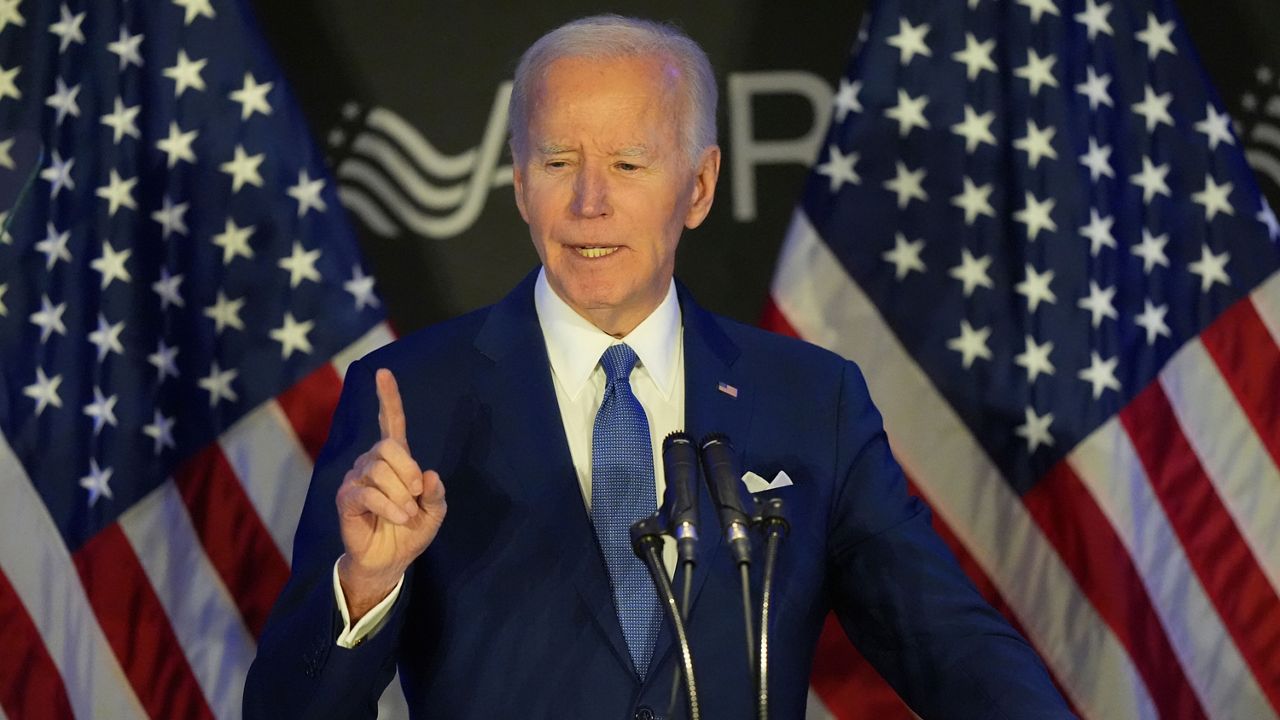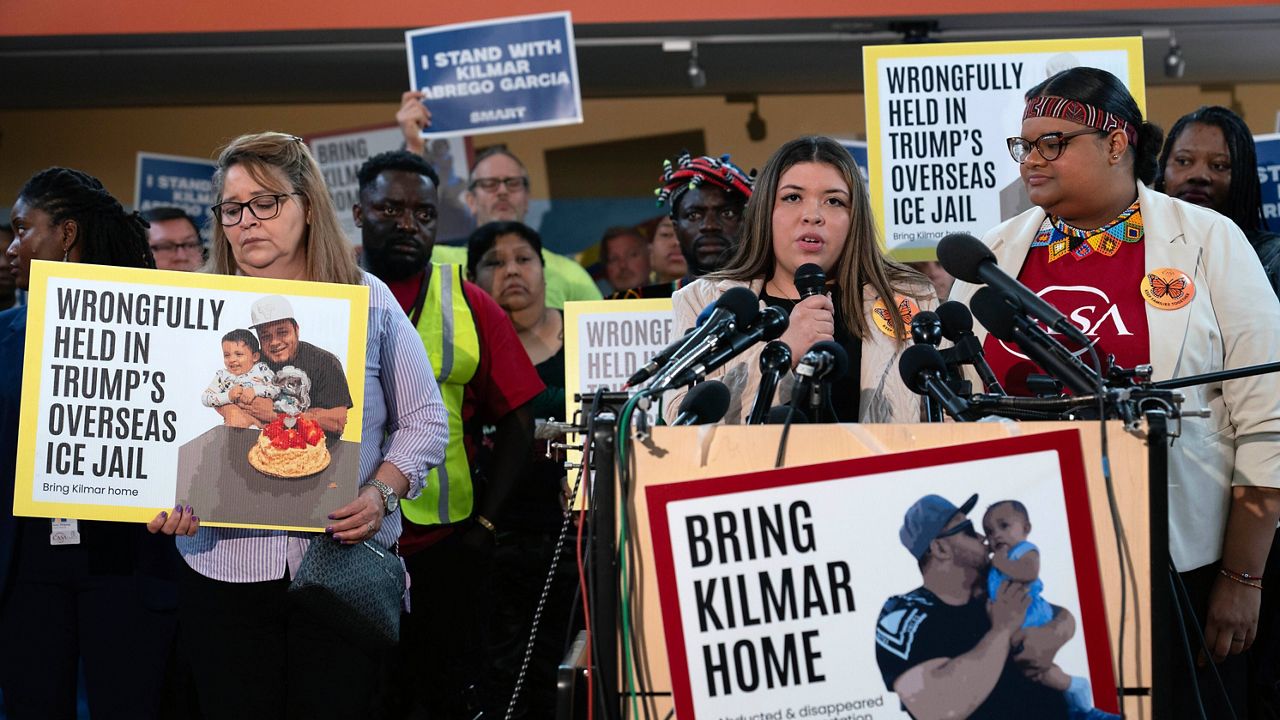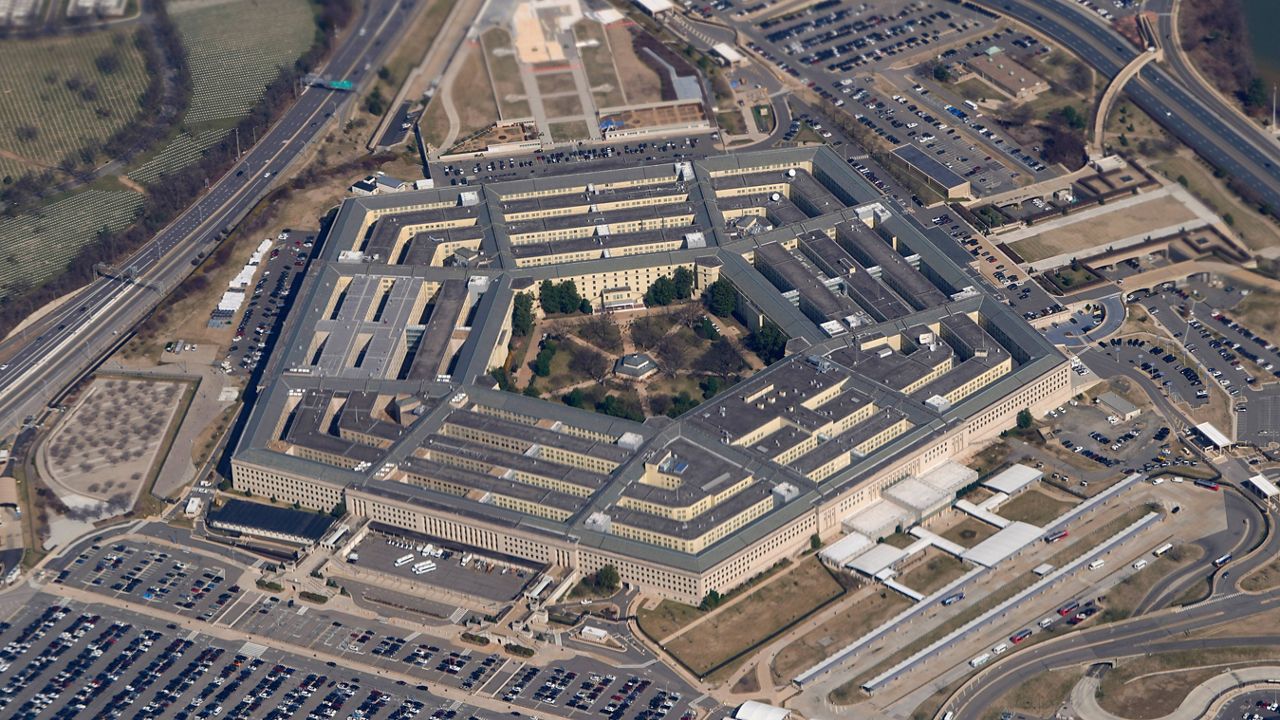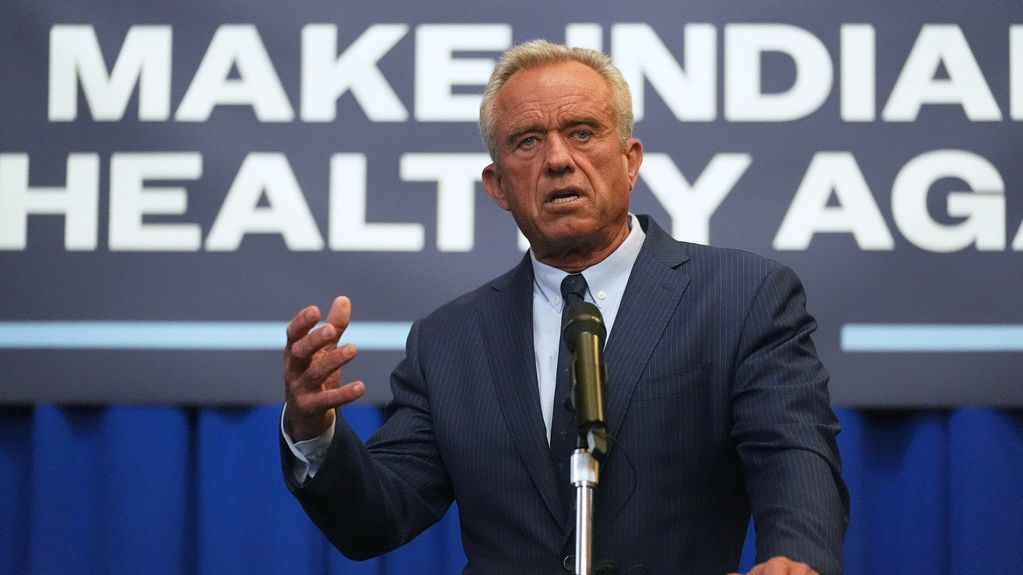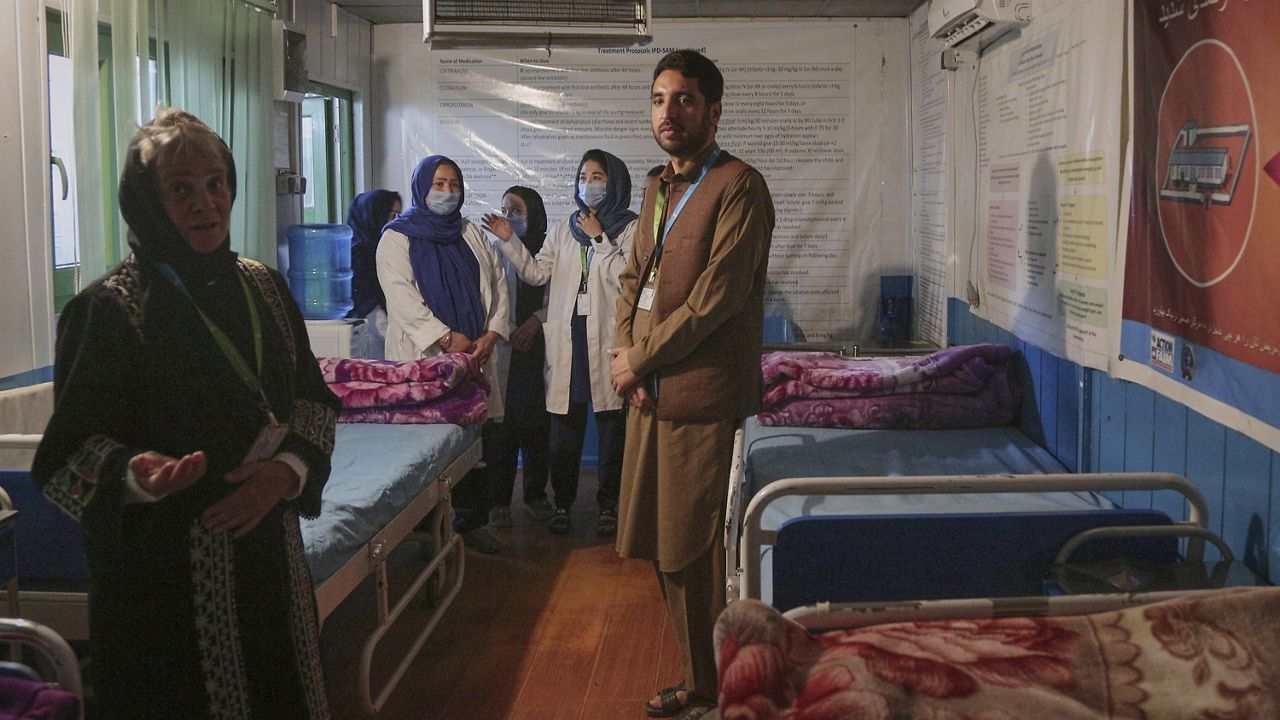SACRAMENTO, Calif. — On the eve of some of President Donald Trump’s sweeping reciprocal tariffs taking effect, California Gov. Gavin Newsom directed his administration Friday to look into arranging new trade relationships with foreign countries. He also called on the state’s longstanding trade partners to exempt products from California from any retaliatory tariffs they might impose in response to Trump’s tariffs.
“As the fifth largest economy in the world, the Golden State will remain a steady, reliable partner for generations to come, no matter the turbulence coming out of Washington,” the governor said in a statement Friday. “California is not Washington, D.C.”
California is the top state for agricultural production, followed by Iowa, Texas, Nebraska and Illinois, according to the U.S. Department of Agriculture. Newsom said the state’s workers, families and farmers stand to lose the most from the new tariffs.
California imports the most goods of all states and is the second-largest exporter. In addition to almonds, dairy, fruits and wine, California is a large exporter of computer and electronic products and transportation equipment, according to the Office of the U.S. Trade Representative.
In making his case for protecting the state’s economy, Newsom said California's two-way trade does $675 billion in business that supports millions of jobs. California’s main trading partners are China, Canada and Mexico, which collectively provide 40% of imports to the state.
In March, the Trump administration imposed a 25% tariff on aluminum and steel imports from all countries. A 25% tariff on foreign-made cars took effect Thursday, with another 25% tariff on car parts scheduled to take effect by May 3.
On Wednesday, Trump announced a baseline recriprocal tariff of 10% on imports from more than 180 countries, with certain nations facing even steeper duties. The first wave of the new tariffs takes effect Saturday, with the rest being imposed Tuesday.
Starting Tuesday, China will be subject to a 34% tariff in addition to a 20% levy that is already in effect. On Friday, China said it will impose a retaliatory tariff of 34%. Canada and Mexico were exempted from the 10% baseline and reciprocal tariffs.
China, Mexico and Canada are California’s three top expert destinations, buying more than one-third of the state’s $183 billion in exported goods last year, Newsom’s office said in a statement.
“The magnitude of these tariffs on our North American allies, and the retaliation, will result in major disruptions to cross-border supply chains,” the statement said.
On Friday, Federal Reserve Chair Jerome Powell said Trump’s tariffs will also lead to higher inflation and slower economic growth in the short term.
To preserve businesses and jobs, Newsom directed his staff to identify ways to collaborate with its foreign trading partners to support job creation and innovation and protect access to critical supplies, including construction materials that will be needed to rebuild homes following major fires in the Los Angeles area in January that destroyed more than 16,000 structures.
California has a long history of forging subnational agreements to address climate change and foster technological innovation, including last month when Newsom signed a memorandum of understanding with the governor of the Mexican state of Sonora on climate change and trade.







